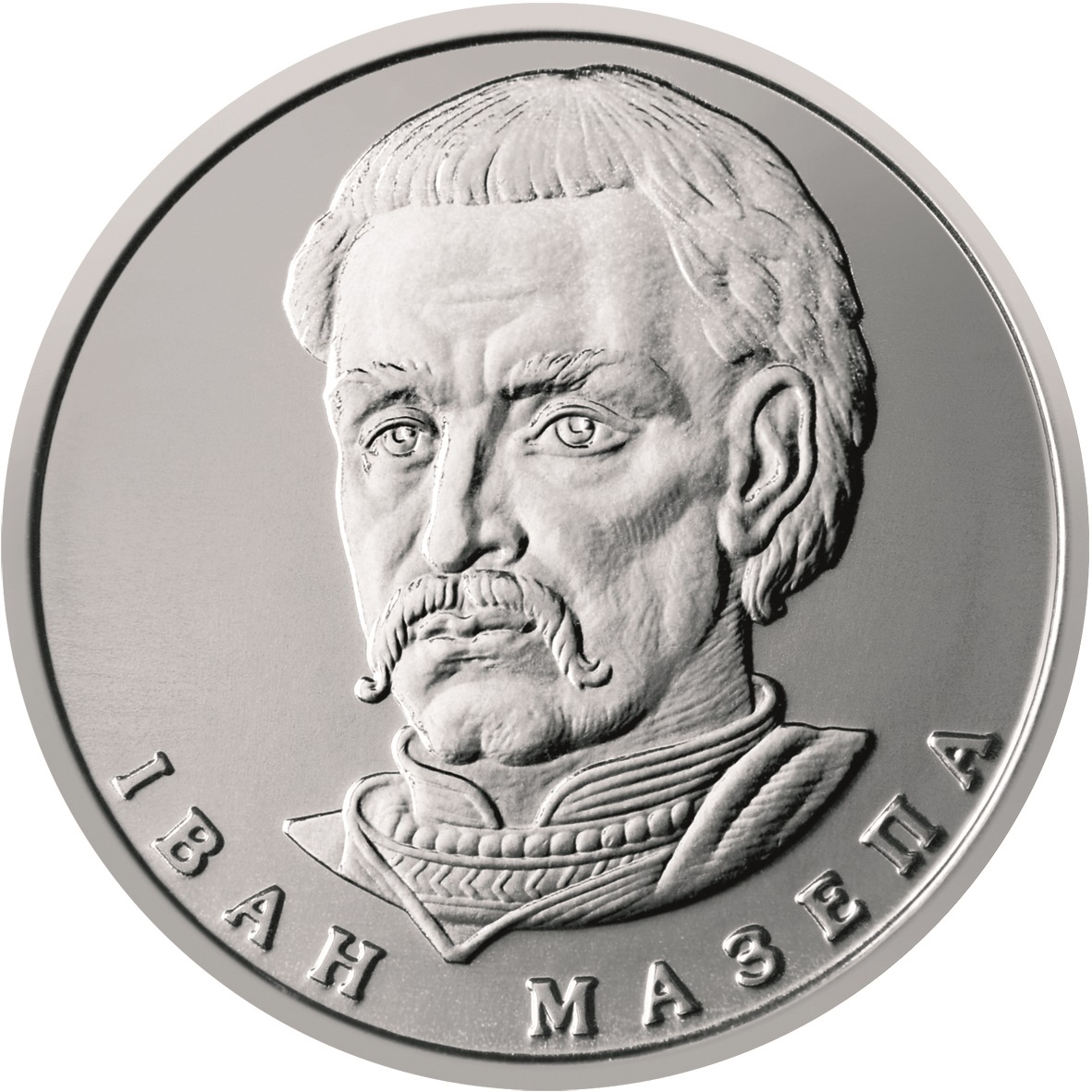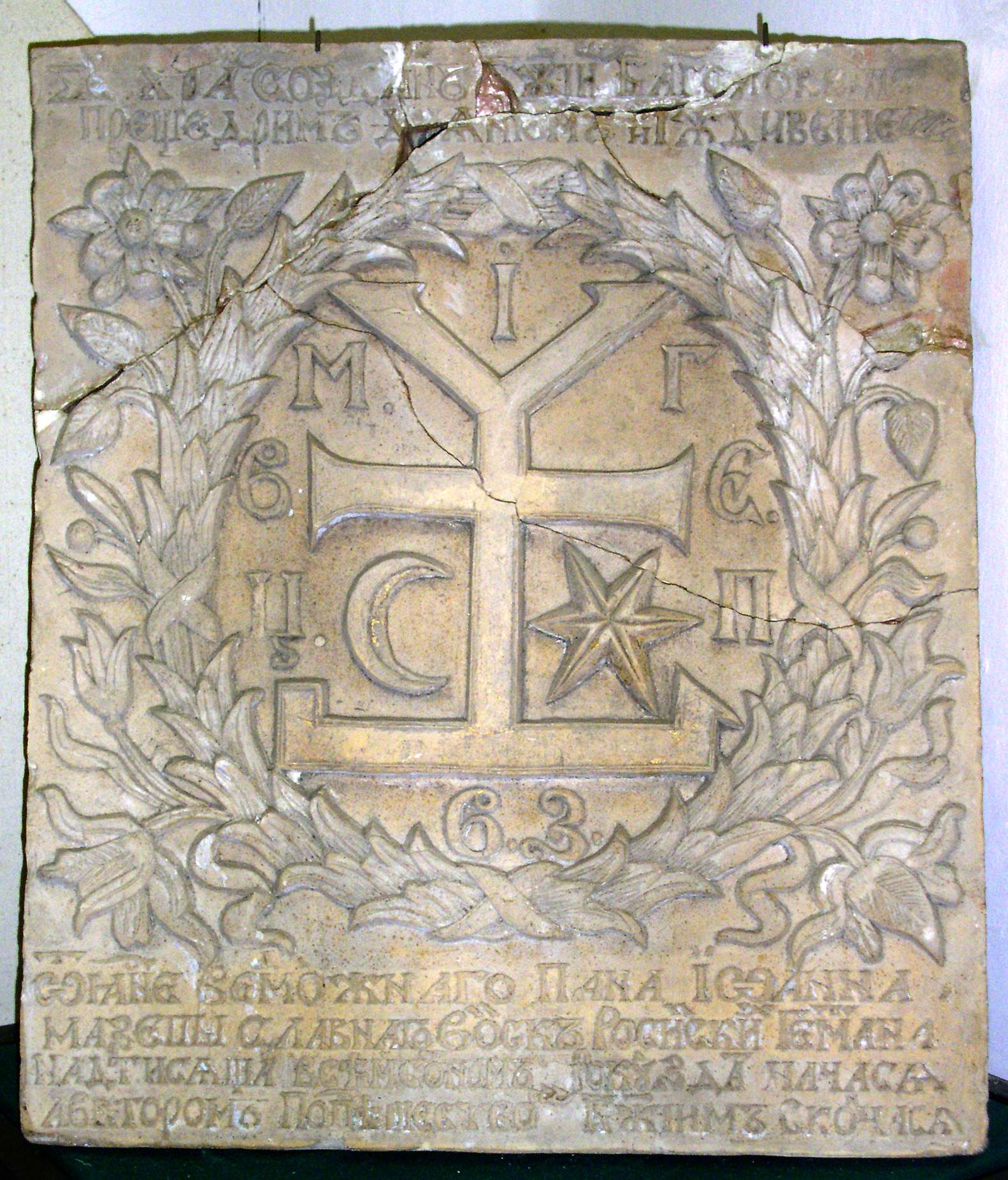Mazepa, Ivan Stepanovych, 1639-1709
Enlarge text Shrink text- LCN
- Wikipedia
Ivan Stepanovych Mazepa (Ukrainian: Іван Степанович Мазепа; Polish: Jan Mazepa-Kołodyński; 30 March [O.S. 20 March] 1639 – 2 October [O.S. 21 September] 1709) was the Hetman of the Zaporozhian Host and the Left-bank Ukraine in 1687–1708. The historical events of Mazepa's life have inspired many literary, artistic and musical works. He was famous as a patron of the arts. Mazepa played an important role in the Battle of Poltava (1709), where after learning that Tsar Peter I intended to relieve him as acting hetman of Zaporozhian Host and to replace him with Alexander Menshikov, he defected from his army and sided with King Charles XII of Sweden. The political consequences and interpretation of this defection have resonated in the national histories both of Russia and of Ukraine. The Russian Orthodox Church laid an anathema (excommunication) on Mazepa's name in 1708 and still refuses to revoke it. The anathema was not recognized by the Ecumenical Patriarchate of Constantinople, which considers it uncanonical and imposed with political motives as a means of political and ideological repression, with no religious, theological or canonical reasons. Pro-independence and anti-Russian elements in Ukraine from the 18th century onwards were derogatorily referred to as Mazepintsy (Russian: Мазепинцы, lit. 'Mazepists'). The alienation of Mazepa from Ukrainian historiography continued during the Soviet period, but post-1991 in independent Ukraine Mazepa's image has been gradually rehabilitated. The Ukrainian corvette Hetman Ivan Mazepa of the Ukrainian Navy is named after him.
Read more on Wikipedia >
 Personality
Personality












